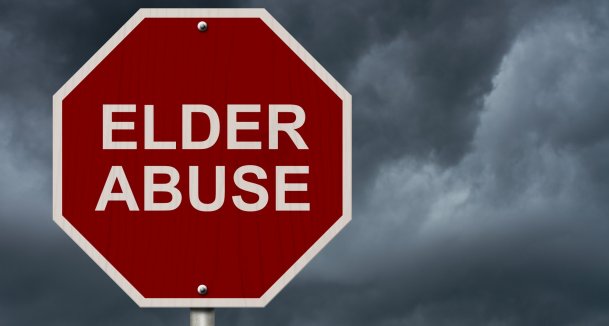When it comes to legal cases, understanding article classifications is crucial, especially when arguing a case involving elder abuse.
Abuse is any action that inflicts harm or distress on an elderly individual. This includes
- Physical Abuse;
- Emotional Abuse;
- Financial Exploitation;
- Neglect.
Physical Abuse
Our san diego elder abuse attorney knows that physical abuse can occur in various ways. Among other things, this could include unexplained injuries such as bedsores, welts, or cuts. Abuse can also be seen in how older adult acts or seems withdrawn from their loved ones. For example, they may be excessively infantile and show behaviors such as rocking, thumb-sucking, or throwing tantrums.
Emotional abuse can also be a significant problem, and our san diego elder abuse attorney points out that it can be yelling, insulting, humiliating, or intimidating an older adult. Other forms of emotional abuse include forced social isolation, terrorizing or ignoring an elder, and sexual abuse, defined as non-consensual sexual contact.
Financial abuse is another common issue in nursing homes, where dementia patients are vulnerable to being misled or improperly influenced by caregivers. Signs of financial abuse can include missing cash or valuables, unexplained money withdrawals, and unpaid bills. Anyone can be a mandated reporter, including professionals and family members, and they are protected against civil or criminal liability when reporting suspected abuse.
Emotional Abuse
When we think of violence against someone, we often imagine bruises and a body being assaulted. However, another form of abuse can occur just as harmful and insidious: emotional abuse.
Emotional abuse usually begins quietly and may appear to be just normal conflict. However, emotionally abusive people use insults and fear tactics to manipulate and control others. They may even threaten to hurt themselves or their loved ones.
They may try to destroy a victim’s sense of self-worth and worth. They can also attempt to isolate a victim from friends and family to control them more easily.
One of the most common methods of emotional abuse is called gaslighting. This term is derived from the classic Ingrid Bergman and Charles Boyer film, “Gaslight.” A person who engages in this behavior will act like they believe a victim’s statements and then create weird situations to make them doubt their perceptions.
Financial Abuse
Whether in a nursing home or care facility, financial abuse is one of the most damaging types of abuse. It can damage physical and emotional health, destroy family ties, and cause devastating financial loss. Unfortunately, financial abuse is challenging to detect, unlike physical abuse, which can be easily seen and proven.
The financial exploitation of an elder is any illegal or unauthorized use of an older person’s money, belongings, property, and assets. This can include stealing money or cashing checks without permission, forging signatures, or owning their home or other properties.
There are many reasons why older adults are frequently targeted for financial abuse. Some reasons focus on the fact that they usually have substantial amounts of money in their accounts and are known to have financial acumen (Central California Legal Services, 2001). Other reasons suggest that perpetrators assume older persons are less likely to report abuse and retaliate against them.
Neglect
Although neglect may not be immediately apparent, a person suffering from neglect typically has several warning signs that should be noted. These include a dirty or cluttered environment, unexplained weight loss, untreated medical conditions, pressure sores and ulcers, and lack of socialization.
The consequences of neglect can vary from mild to severe, depending on the situation. For example, physical neglect could result in death or serious injuries. Mental decay can result in fear, agitation, confusion, and severe depression.
Whether the abuse occurs at home or in a care facility, anyone concerned about a senior must report them to Adult Protective Services. Mandated reporters are encouraged to identify themselves on written reports but can also remain anonymous. Upon receiving a message, an APS worker will start the investigation and work with other agencies, such as a licensing agency or long-term care ombudsman, to determine a course of action.





